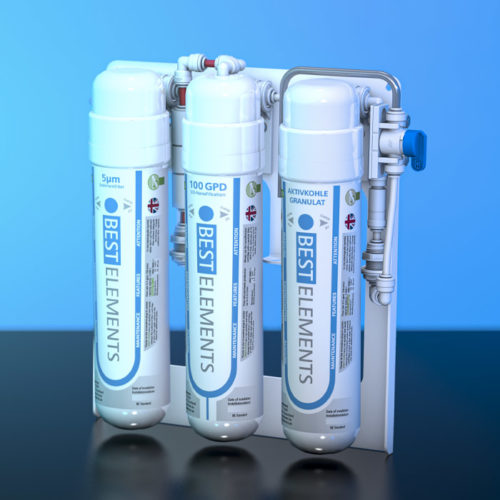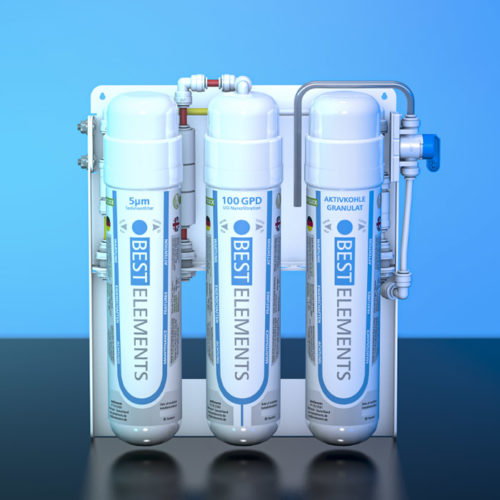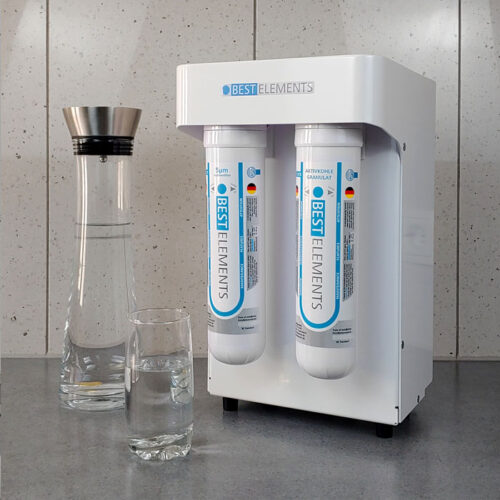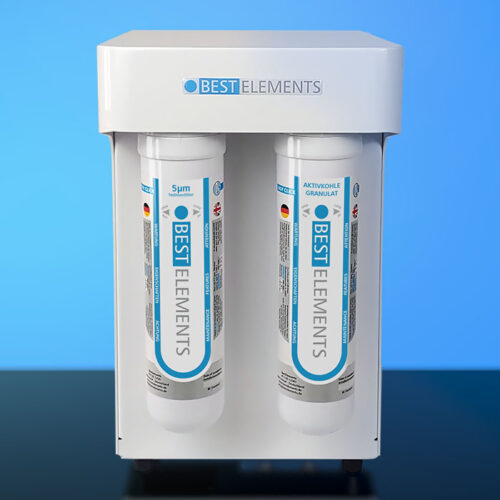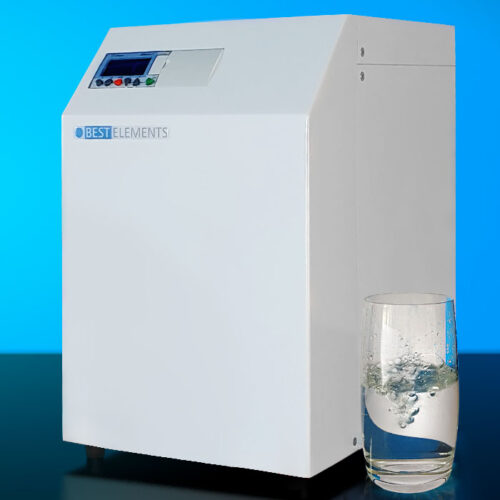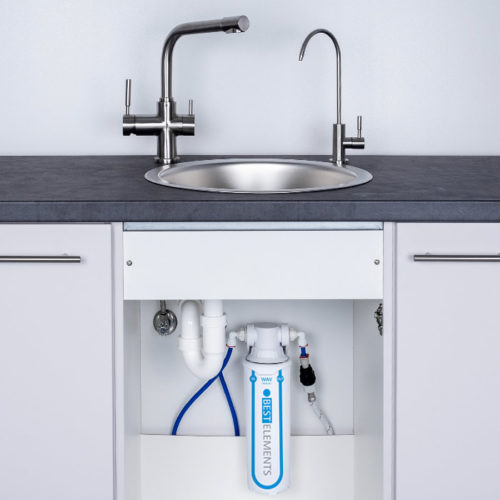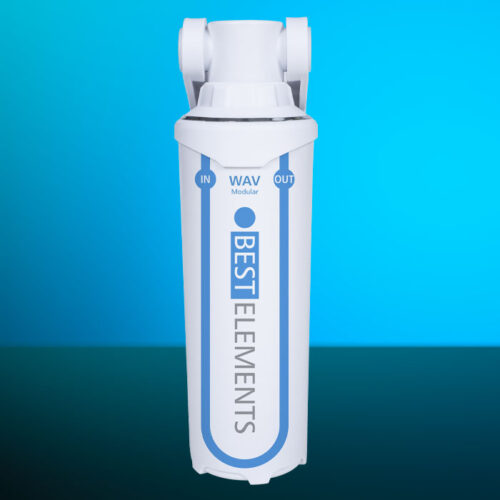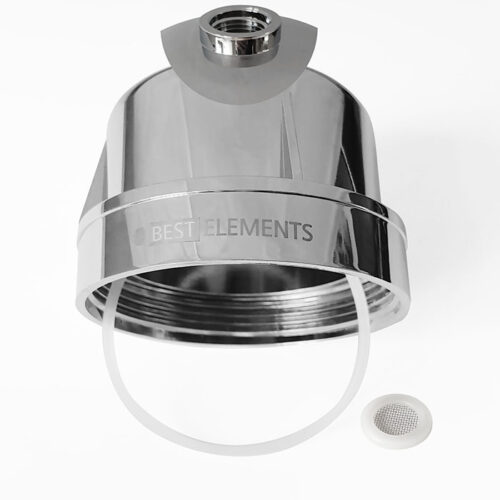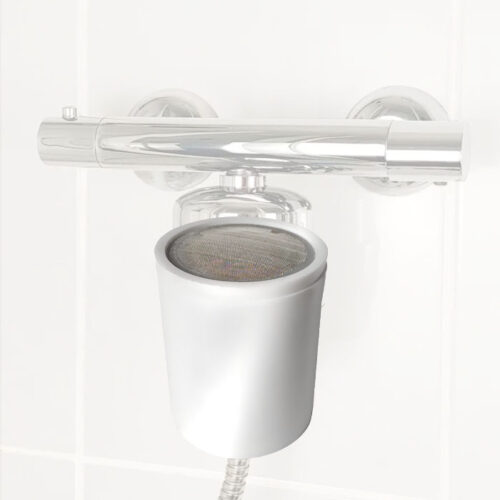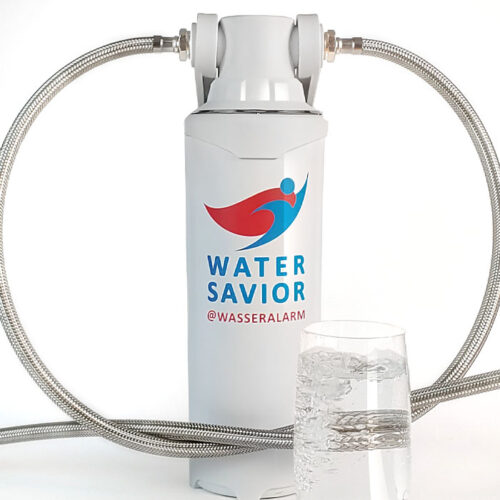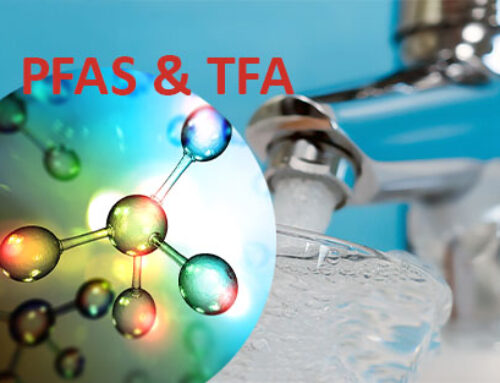Nitrate and trihalomethanes (THM) in drinking water are common and potentially carcinogenic to humans. One study examined the relationship between nitrate pollution in drinking water and THMs and their impact on prostate cancer.
Prostate cancer is the most common cancer in men in Germany. In 2017, 62,230 new cases were diagnosed in Germany
Human intake of nitrate occurs mainly through food and drinking water. Ingested nitrate is reduced to nitrite and is likely to be carcinogenic to humans under conditions leading to endogenous nitrosation. There are limited epidemiological studies aimed at uncovering the relationship between nitrate exposure from drinking water and cancer, and so far consistent evidence has only been found for colorectal cancer.
Nitrate and chlorine in drinking water are carcinogenic
Disinfectants added to raw water to inactivate microbial pathogens lead to the formation of several disinfection by-products (DBPs). DBPs are a complex mixture of chemicals formed as byproducts of the reactions of disinfectants applied to drinking water. Chlorine is the most widely used disinfectant in the world, and trihalomethanes (THM) and haloacetic acid are the DBPs formed in the highest concentrations after chlorination. The chlorination of water containing ammonia produces chloramines, which in turn lead to the formation of nitrogenous by-products such as the carcinogenic N-nitrosamines. Several DBPs are genotoxic in vitro and carcinogenic in animal studies, and IARC has classified some DBPs as possible human carcinogens.

